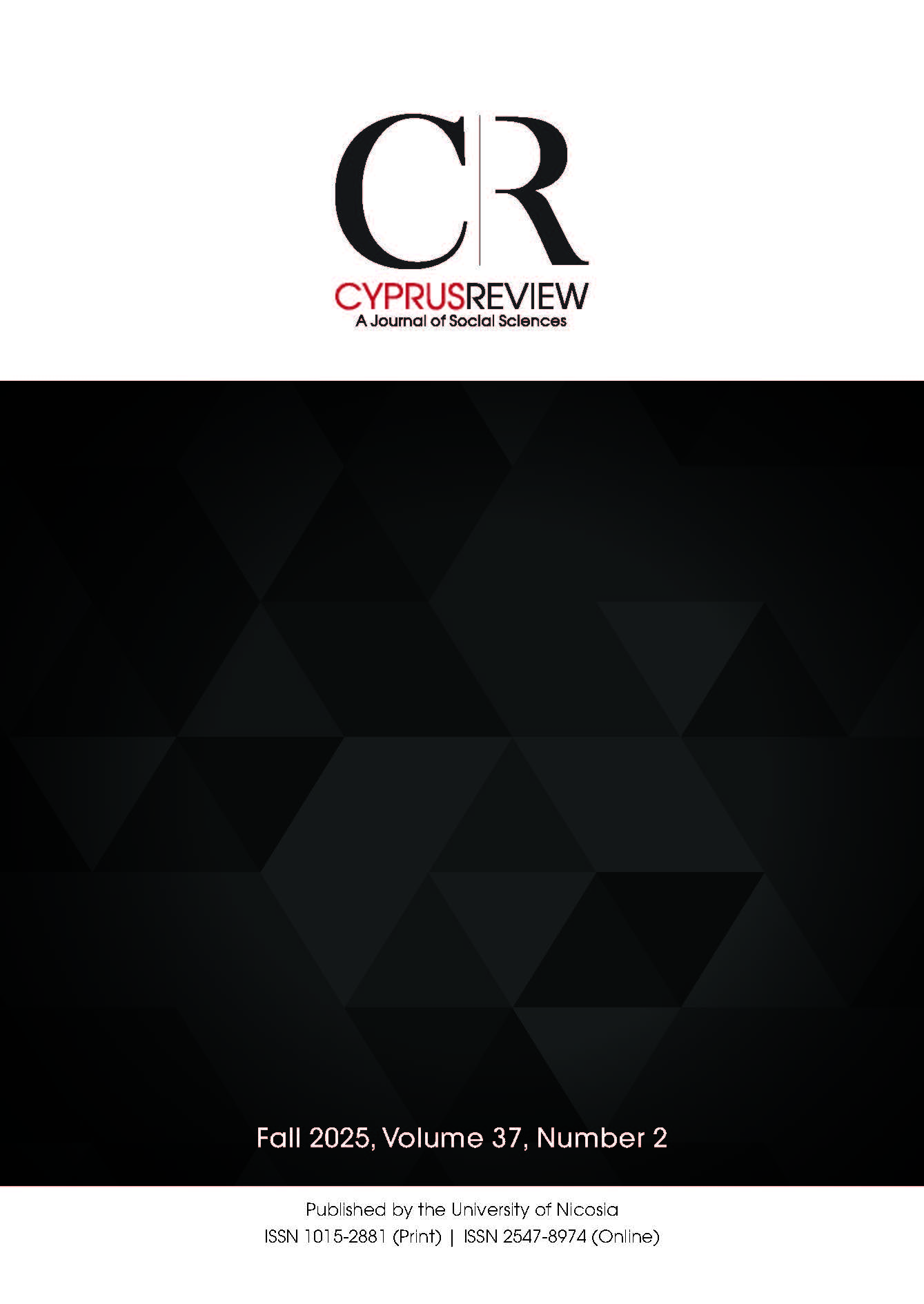Digital Gatekeepers: Addressing Fake News, ‘Deepfakes’, and Hate Speech While Safeguarding Free Speech
##plugins.themes.bootstrap3.article.main##
Abstract
Fake news that distorts elections, deepfakes that impersonate identities, and hate speech that fuels intolerance are increasingly converging in the digital sphere, creating unprecedented risks. The most dangerous threat emerges where deepfakes carry elements of hatred, amplifying both disinformation and incitement. This article examines how far online intermediaries can go in filtering such content without eroding fundamental rights. Anchored in Article 10 of the European Convention on Human Rights and the Rabat Plan of Action, it surveys the full body of relevant case law while situating the analysis within the framework of the Digital Services Act and evolving standards of intermediary liability. Comparative examples highlight the limits of algorithmic moderation and the quasi-judicial role of human operators. The central claim is urgent: Without clear safeguards, the intertwined challenges of fake news and hate speech risk undermining democracy itself.
##plugins.themes.bootstrap3.article.details##
freedom of expression, hate speech, fake news, deepfakes, intermediary liability
Copyright: © University of Nicosia, Cyprus
All rights reserved.
No restrictions on photo-copying.
Quotations from The Cyprus Review are welcome, but acknowledgement of the source must be given.

